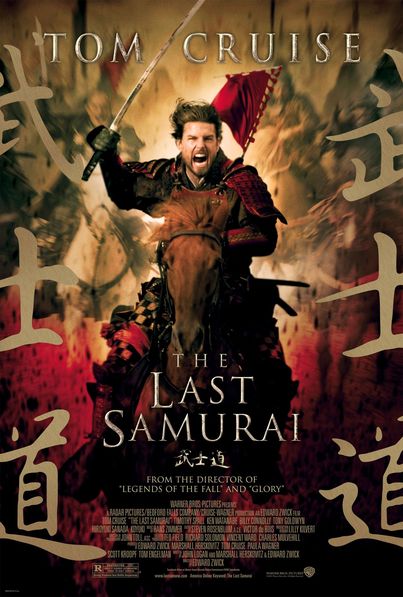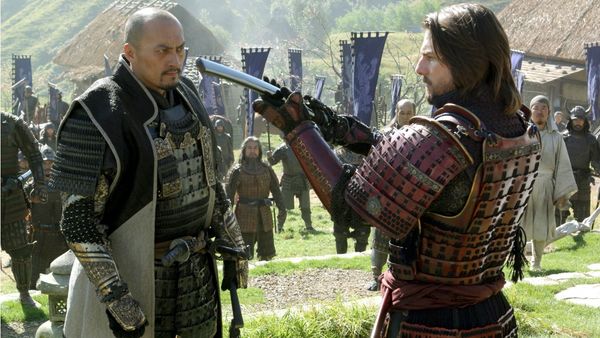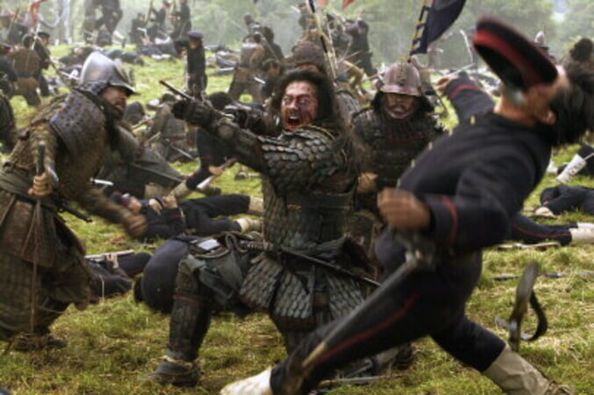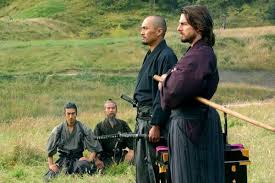The Last Samurai (2003)

“The Last Samurai”: A Gripping Tale of Honor and Redemption Directed by Edward Zwick
Suggested videos for you:
Released in 2003, “The Last Samurai” is an epic historical drama directed by Edward Zwick, known for his ability to weave intricate narratives that explore themes of honor, loyalty, and cultural clash. Starring Tom Cruise as Nathan Algren, a disillusioned American military officer, the film presents a powerful story set against the backdrop of Japan’s tumultuous transition to modernization during the late 19th century. With its stunning visuals, compelling performances, and thought-provoking themes, “The Last Samurai” stands as a significant entry in the genre of historical cinema.

The narrative follows Nathan Algren, a former Civil War soldier who is haunted by his past and struggles with feelings of guilt and purpose. Hired by the Japanese government to train their army in modern warfare, Algren finds himself thrown into the heart of the conflict between the imperial forces and the traditional Samurai warriors led by Katsumoto (Ken Watanabe). As Algren becomes immersed in the Samurai way of life, he begins to question his own values and the consequences of industrialization. His journey transforms from one of mere survival to a deep understanding and respect for the honor and traditions of the Samurai.

Edward Zwick’s direction is marked by a keen eye for detail and a deep appreciation for the cultures he portrays. The film’s cinematography, crafted by John Toll, captures the breathtaking landscapes of Japan, from lush forests to majestic mountains, creating a visually stunning backdrop for the story. Zwick masterfully balances action sequences with intimate character moments, allowing the audience to connect with Algren’s internal struggles while also immersing them in the epic battles that define the film. The pacing is deliberate, gradually building tension and emotional depth as Algren’s transformation unfolds.

“The Last Samurai” is primarily classified as a historical drama, but it also incorporates elements of action and adventure. The film delves into themes of cultural identity, the clash between tradition and progress, and the personal redemption of its protagonist. Algren’s journey serves as a metaphor for the broader struggle of a society caught between the past and the present. The film raises important questions about the cost of modernization and the sacrifices made in the name of progress, inviting viewers to reflect on the complexities of cultural change.

Tom Cruise delivers a powerful performance as Nathan Algren, portraying the character’s evolution from a war-weary soldier to a man of honor and purpose. His chemistry with Ken Watanabe, who portrays Katsumoto, adds depth to the narrative, as their relationship evolves from adversaries to allies united by mutual respect. The supporting cast, including Hiroyuki Sanada and Timothy Spall, further enriches the film, bringing a diverse range of perspectives to the story.
Upon its release, “The Last Samurai” received critical acclaim, praised for its sweeping visuals, strong performances, and rich storytelling. It garnered several Academy Award nominations, including Best Supporting Actor for Ken Watanabe, highlighting the film’s impact on audiences and critics alike. The film was recognized for its respectful portrayal of Japanese culture and its exploration of universal themes of honor and redemption.
In conclusion, “The Last Samurai” is a gripping historical drama that offers a profound exploration of honor, culture, and personal transformation. Directed by Edward Zwick, the film combines stunning visuals, compelling performances, and an emotionally resonant narrative that invites viewers to reflect on the complexities of tradition and modernity. Through Tom Cruise’s powerful portrayal of Nathan Algren and the film’s rich thematic depth, “The Last Samurai” remains a significant contribution to the genre, illustrating the enduring power of honor and the search for redemption amidst the tides of change.











